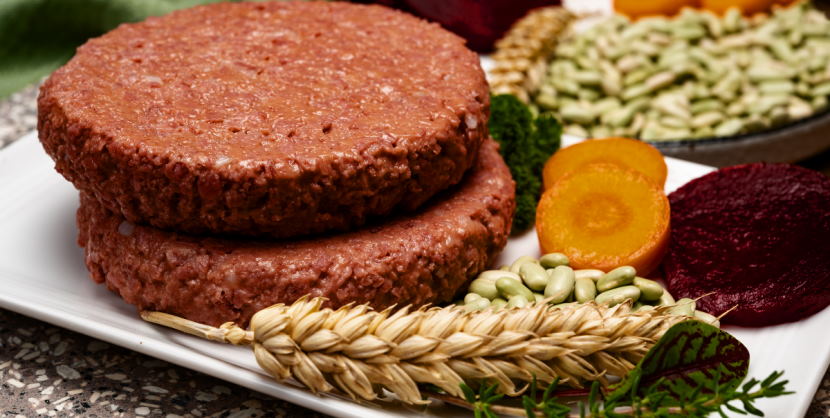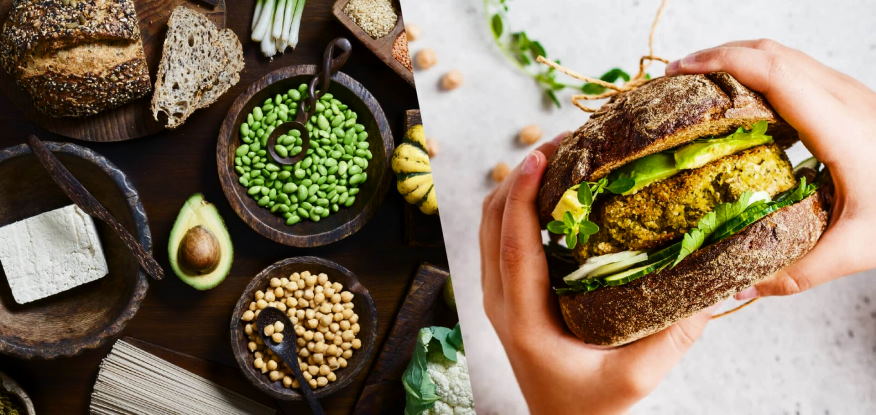As the world becomes more conscious of the need to reduce our environmental impact, people are looking for ways to make their diets more sustainable. One way to do this is by incorporating alternative proteins into your meals. Alternative proteins can come from many sources, including plants, insects, and dairy products. Here’s a look at some of the benefits of using alternative proteins.
Reasons to try alternative proteins for a healthier you and planet
According to the United Nations, the world’s population is projected to reach 9.7 billion by 2050. That’s an extra 2.2 billion people to feed over the next three decades, and it’s a daunting task. The UN says we need to increase global food production by 60% to keep up with demand.
But how can we produce enough food for all those people without destroying the planet? One way is by shifting our diets away from animal protein and towards alternative protein sources, such as plants.
There are many reasons why this is a good idea. For one, it takes far less land and water to produce plant-based proteins than animal-based proteins. For example, beef production requires 160 times more land than soybean production, and it takes 11 times more water to produce a pound of beef than a pound of soybeans.

What’s more, animal agriculture is a major source of greenhouse gas emissions. It accounts for around 15% of all human-induced emissions, making it one of the biggest contributors to climate change. So switching to a plant-based diet can help reduce your carbon footprint and do your part to slow down climate change.
Finally, plant-based proteins are generally healthier than animal-based proteins. They tend to be lower in saturated fat and cholesterol and higher in fiber and essential nutrients like iron and calcium. So not only is eating less meat better for the planet, it’s also better for your health.
Best alternatives to meat protein sources
If you’re interested in reducing your meat consumption but not sure where to start, there are plenty of delicious plant-based proteins to choose from. Here are a few of our favorites:
Tofu is made from soybeans and a versatile ingredient that can be used in various dishes. It’s high in protein and calcium and low in calories, making it a great option for those watching their weight.

Tempeh is another soy-based protein that originated in Indonesia. It’s made by fermenting soybeans and is often used as a meat substitute in recipes. Tempeh is an excellent protein and fiber source and contains probiotics, which are good for gut health.
Beans and legumes are a staple of many vegetarian and vegan diets. They contain nutrients like protein, fiber, iron, and potassium. Some of our favorite beans and legumes include lentils, black beans, chickpeas, and kidney beans.
Nuts and seeds are a great source of healthy fats, protein, vitamins, and minerals. They make a great snack on their own or can be added to salads, yogurt, or smoothies. Some of our favorite nuts and seeds include almonds, pistachios, chia seeds, and flaxseeds.
Plant-based proteins offer a delicious and nutritious way to reduce your meat consumption and help make the world a better place. So why not give them a try?

